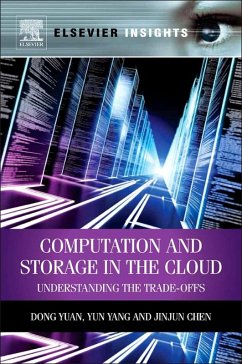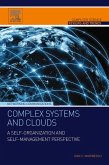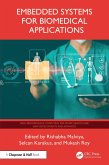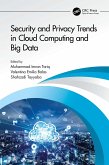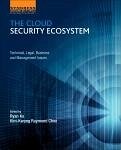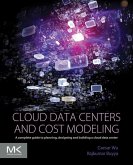- Covers cost models and benchmarking that explain the necessary tradeoffs for both cloud providers and users
- Describes several novel strategies for storing application datasets in the cloud
- Includes real-world case studies of scientific research applications
- Covers cost models and benchmarking that explain the necessary tradeoffs for both cloud providers and users
- Describes several novel strategies for storing application datasets in the cloud
- Includes real-world case studies of scientific research applications
Dieser Download kann aus rechtlichen Gründen nur mit Rechnungsadresse in A, B, BG, CY, CZ, D, DK, EW, E, FIN, F, GR, HR, H, IRL, I, LT, L, LR, M, NL, PL, P, R, S, SLO, SK ausgeliefert werden.
"Cloud computing systems charge for both data storage and for calculating, say Yuan, Yang..and Chen.so there is a trade-off between storing large data sets in the cloud or deleting them and regenerating then each time they are needed. They suggest some approaches to figuring out which is cheaper." --Reference and Research Book News, December 2013
".this book does a good job at tackling a variety of complex subjects. It brings forward state-of-the-art concepts and elaborate algorithms, illustrates issues related to cost-effectiveness, and helps both cloud providers and users get a grip on the intricate world of cloud computing." --Help Net Security online, August 28, 2013

